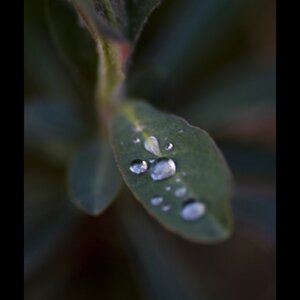aussiearef
TPF Noob!
- Joined
- Jul 1, 2012
- Messages
- 21
- Reaction score
- 1
- Location
- Australia
- Can others edit my Photos
- Photos OK to edit
Hi guys,
I have taken a lot of night shots (long exposure) using a tripod and various apertures (from f3.5 to f22) etc but none of my photos are sharp. I have Canon 550D and this lens: http://www.the-digital-picture.com/Reviews/Canon-EF-S-17-85mm-f-4-5.6-IS-USM-Lens-Review.aspx
samples below:
IMG_0008 | Flickr - Photo Sharing!
IMG_0002 | Flickr - Photo Sharing!
Thanks for any advice
I have taken a lot of night shots (long exposure) using a tripod and various apertures (from f3.5 to f22) etc but none of my photos are sharp. I have Canon 550D and this lens: http://www.the-digital-picture.com/Reviews/Canon-EF-S-17-85mm-f-4-5.6-IS-USM-Lens-Review.aspx
samples below:
IMG_0008 | Flickr - Photo Sharing!
IMG_0002 | Flickr - Photo Sharing!
Thanks for any advice


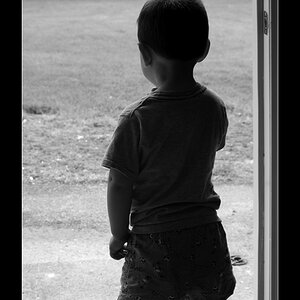
![[No title]](/data/xfmg/thumbnail/35/35270-a66987e049fb56c03e604b4c77910b81.jpg?1619736972)
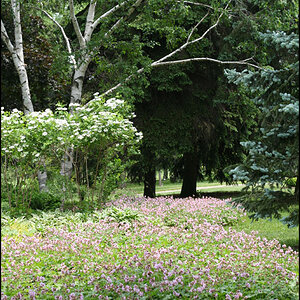
![[No title]](/data/xfmg/thumbnail/30/30877-ef8d8a8cf110d5566382bb4e8a76fd3f.jpg?1619734492)
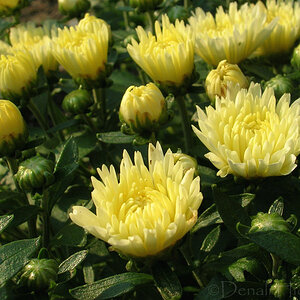
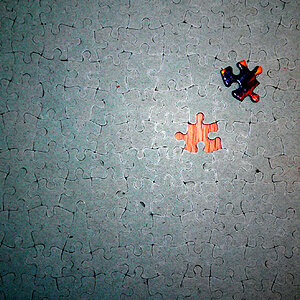
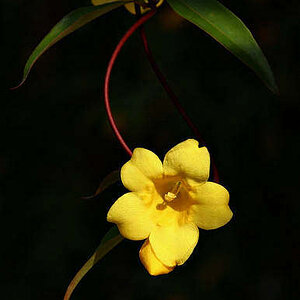
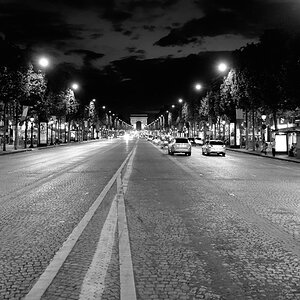
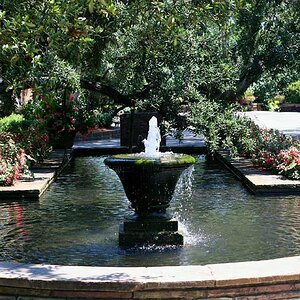
![[No title]](/data/xfmg/thumbnail/35/35269-511d1e0ac8ed5256fd706829d2ecb719.jpg?1619736972)
